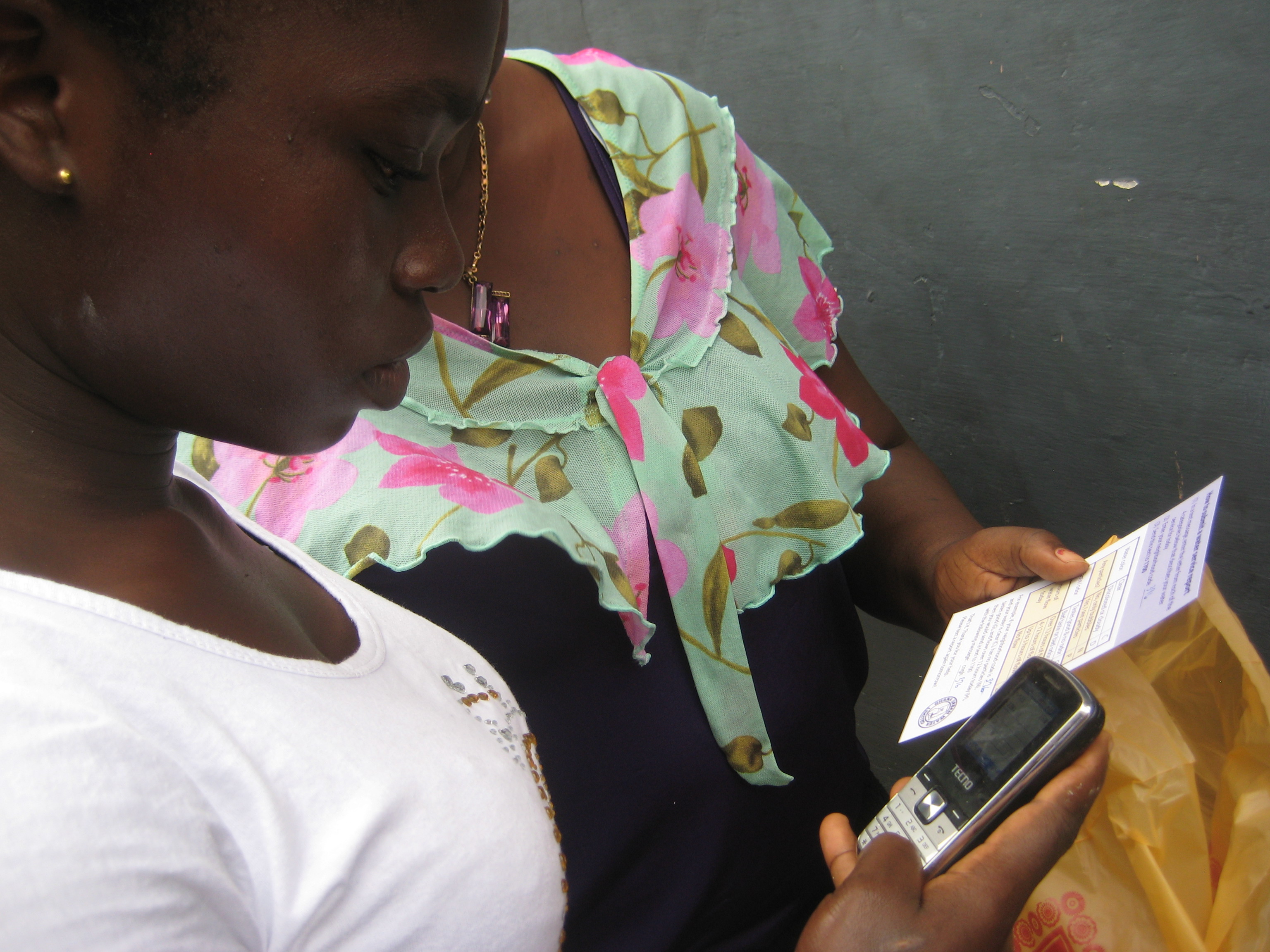Article sourced from UM Interactive website (September 2013)
With the global population booming and water-borne diseases on the rise, developing nations are faced with the serious challenge of providing clean water to their citizens. Of particular concern are many cities in Sub-Saharan Africa, which are expected to fall short of Millennium Development Goals for ensuring adequate and potable resources for the entire community. For example, recent studies in Accra, Ghana, have shown that existing water rationing programs are highly variable not only across geographical regions but also income levels. In fact, this is one of the few cities in the world where access to piped water has actually decreased in recent decades due to lagging public infrastructure and production limitations.
In the past, Ghana Water Company Ltd. (GWCL) carried out residential surveys to assess water service at the neighborhood level; the results were alarming. However, follow-up studies and broader research were not feasible due to the cost and time required to do the surveys. Ghana is in desperate need of a cheap, quick alternative that will allow officials to monitor water quality throughout the region without wasting excess resources or time.
In late July 2013, Interactive Media professors Lien Tran and Clay Ewing traveled to Accra to apply the power of crowdsourcing to Ghana’s municipal water challenge. Working in collaboration with Justin Stoler, also from the University of Miami, as well as GWCL officials, they created a new, mobile-based tool to track residential water service. The system, Improving Quality of Urban Water Service by Engaging SMS Technology or IQUEST for short, harnesses the power of short message service (SMS) on users’ cell phones. By collecting data from residents, GWCL management is able to monitor water quality trends across the region.
The road to a reliable SMS-based water quality network is not without challenge; socio-cultural factors, including language barriers, varying literacy rates and expensive texting fees, have limited IQUEST’s test data collection so far. Nevertheless, Lien and Clay eagerly await the results of the pilot study in addition to the responses from local GWCL officials. With time and perseverance, they hope to implement IQUEST throughout the Accra region to help improve water access, managerial awareness and, ultimately, quality of life.
Lien and Clay would like to thank the School of Communication for providing the funding for this project.
For more information visit https://lienbtran.com/design/iquest/.






